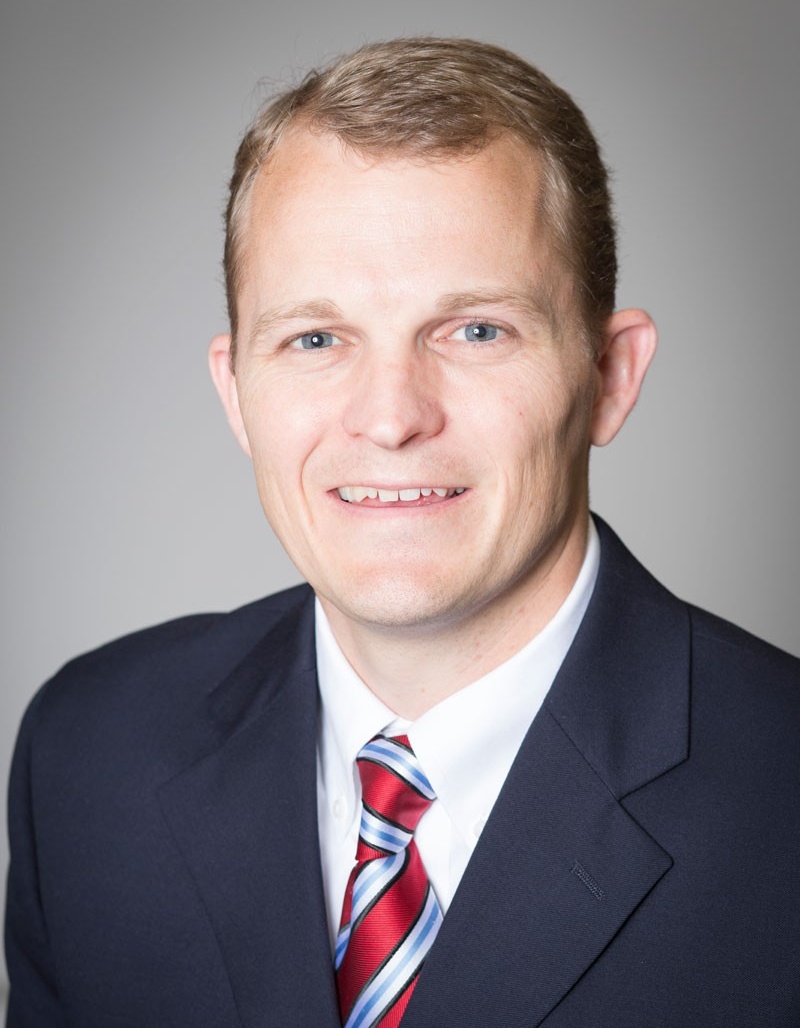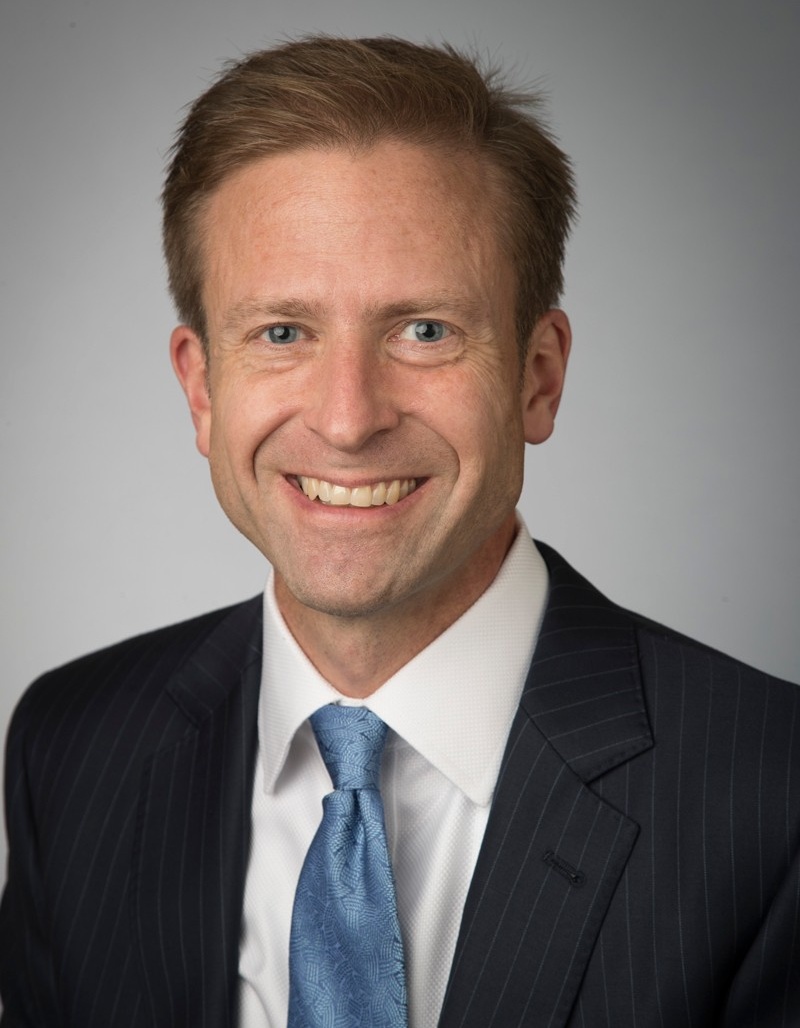Inclusive leadership in divisive times
By Matthew Biddle
By any measure, the United States is more polarized today than at any time in recent history.
And as controversial topics seep into organizations, it’s up to leaders to create an inclusive atmosphere, increase civility and bring their teams together.
As part of a broader mission to be part of timely, relevant conversations and make a positive impact on business and society, the School of Management hosted a pop-up discussion last fall among students, faculty and staff—as well as alumni and friends via Facebook Live—on inclusive leadership. Paul Tesluk, dean of the School of Management, moderated the open forum, which also highlighted the research and expertise of four faculty members.
Here are their recommendations:

Mind the gaps
“Fault lines, or divisions, are fundamental in groups, but they can lay dormant and suddenly explode and get out of control. The good news is you, as a manager, can bridge those fault lines by introducing something we all have in common. For example, we all love the Sabres and Bills and can have a meaningful conversation on that shared topic.” – Kate Bezrukova

Encourage dialogue
“Seventy percent of employees routinely withhold ideas at work over fear of repercussions or damaging relationships. But leaders can send signals about how safe it is to speak up in a given environment. Be a leader who listens and supports people’s ideas, who encourages expression of different opinions and responds in a way that suggests there’s respect for those opinions.” – Tim Maynes

Be open-minded
“Narcissists are particularly divisive. They probably don’t listen to others’ opinions, and think they’re right and everyone else is wrong. This made me think introspectively: When’s the last time I read news media or had a conversation with someone who doesn’t share my opinion? It’s easy to label other people as narcissistic, but it’s more useful to force yourself to be more open-minded.” – Emily Grijalva

Do right
“Jonathan Haidt, author of The Righteous Mind, has convincingly argued that when we see a political issue, we don’t use reason to work through it; we have a moral intuition and rationalize it. That’s human nature and the opposite of inclusivity. Can we move past that? In organizations, the people who have the most success are those who speak the softest, who speak with compassion and try to do the right thing.” – Jim Lemoine

Reject fear
“Instead of playing to fear, which pulls us apart, visionary leaders appeal to the things we aspire to, which gets us to think creatively and come together because we’ve identified common problems we can only solve together. Reject fear, and focus on aspiration and vision.” – Paul Tesluk
The Center for Leadership and Organizational Effectiveness sponsored the pop-up event as part of the school’s Business and Society series.